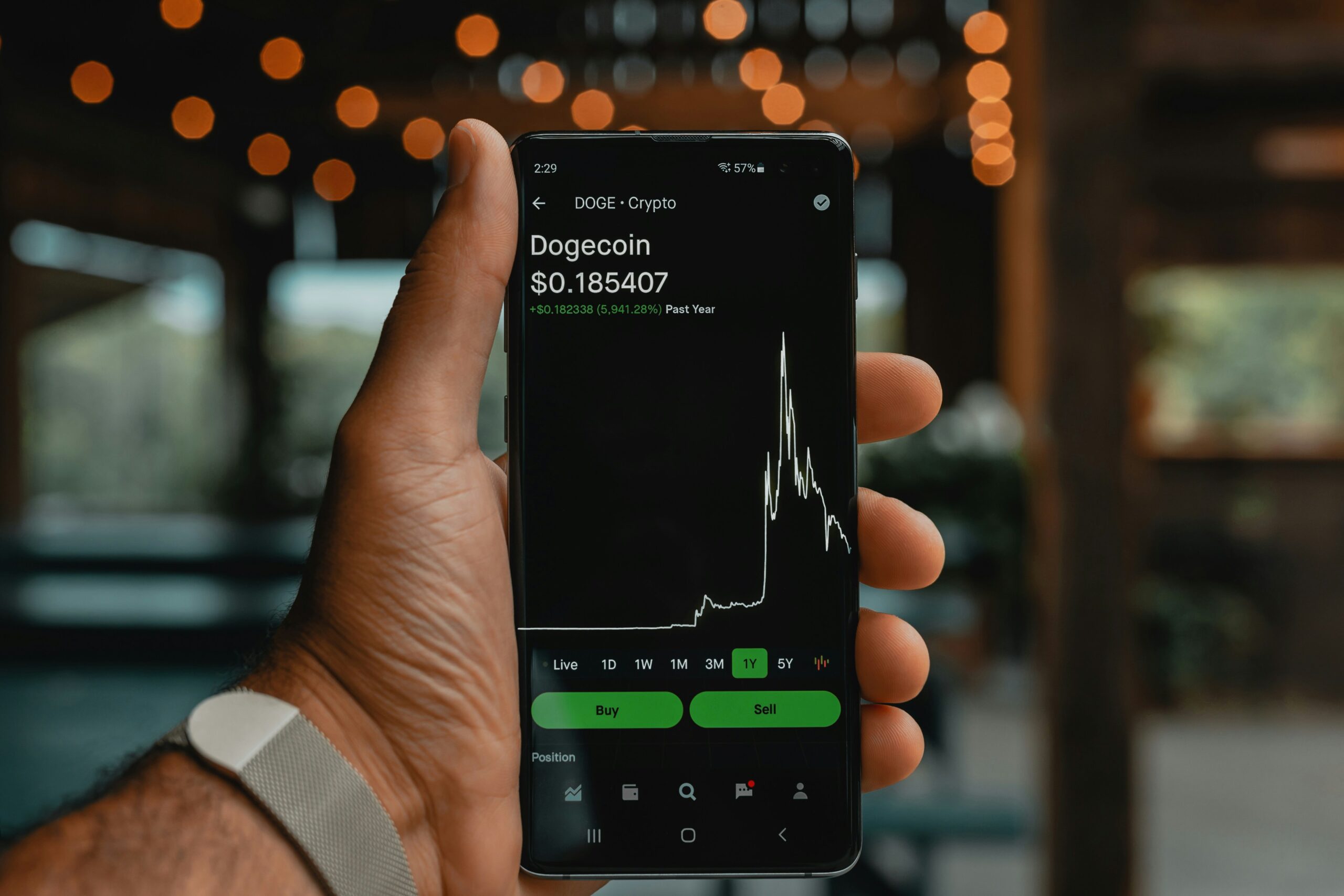
Is Trading Gambling? Understanding the Differences and Similarities
In the recent past, financial trading has been on the rise. Many are trying their luck to acquire larger sums in this mode of acquiring wealth through the stock markets, forex, cryptocurrencies, and many other assets. What is asked by almost all beginners regarding this modality of acquisition of wealth is that whether trading is somehow akin to gambling. The similarity that one observes between trading and gambling makes one feel that both are similar. Let’s get into the details to see why trading is not identical to gambling and how you may consider the former as a risk-driven financial activity.
Risk Nature of Trading and Gambling
In trading, and in gambling, risk is at the base. Such an activity holds an opportunity to lose one’s money, but it is at this point that the nature of risk makes the difference between the two more considerable.
Gambling: In gambling, an example includes placing a bet; it can be in the casino or on sports. Its outcome is simply a matter of chance or luck. There is never anything external that you can examine or make decisions on so as to change your system so as to increase chances for winning. The house always has an edge meaning that over time, it is designed so that most people who bet will lose money.
It is a case of trading, which means making the right decisions after proper research, analysis, and reviews of the markets. The result from trading is really uncertain, and given the fact that there are many risks in trading, great traders use fundamental and technical analysis to predict price actions, evaluate companies’ performance, or study economic indicators. Hence, trading isn’t a game of chance but a skill activity.
Huge differences are associated between trading and gambling as trading entails strategic involvement with a well-thought strategy approach. Unlike gambling, once the money is placed in the game, you hardly stand chances to control the outcome; trading requires decisions and management of portfolios, while mitigating risk involved within the trading environment.
Trading strategies: The traders do follow a variety of strategies that may be day trading, swing trading, and long-term investing. They use instruments such as stop-loss orders to limit risk and diversification to spread out potential losses. Also, traders can track their positions closely and update them according to the happening of changes in the market, which cuts off a chance of depending on luck.
Strategies for gambling: In blackjack, card counting is a strategy most gamblers have heard of, though in roulette, certain betting systems exist. By far, the outcome would still be based on luck. There are no financial models, economic data, or charts which can help a gambler improve his odds in the long run.
Regulated Markets vs. Casino Odds
Another important distinction between trading and gambling is regulation. Trading, for example, is highly regulated, and governments and financial institutions have implemented measures that ensure compliance by companies with strict laws and regulations protecting investors. Trading activities are supervised through bodies like the Securities and Exchange Commission (SEC) and Financial Conduct Authority (FCA), with a guarantee of transparency, fairness, and responsibility.
On the other hand, casino games are regulated by gaming authorities, but their bottom line odds are always in the favor of the house. Casinos are designed to gain profits from the customers, and mathematical advantage is designed in every game so that the house always wins in the short term.
Long-term wealth generation vs. Short-term gains
The difference between trading and gambling in terms of mindset is enormous and especially when considering things from the long-run perspective.
Trading: And the goal of most traders is wealth generation over time through stocks, bonds, ETFs, or other forms of financial instruments. Compound interest, dividends, capital appreciation, and more will cause assets to grow over time. Furthermore, disciplined traders with tight strategies will get assured positive returns over time.
GAMBLING: This activity is short-term based and founded on excitement precipitated by immediate wins. There is no potential for creating long-term wealth because there is no chance of the player being able to transcend the odds. The excitement of the gamble is likely derived from winning large in one go, but this will not readily translate to a wealth-building strategy.
Psychology: Control over Emotions vs. Impulsiveness
Another significant difference between trading and gambling is the emotional aspect. For traders, ‘psychological discipline’ is of prime importance because one needs to be calm and calculated even when the market gets volatile. Effective traders rely much on data, analysis, and at times, entered set entry and exit points for trades to avoid making an emotional decision based on fear or greed.
A gamble, however, is mostly prone to impulsiveness. The excitement that could stem from a probable win or just the need to recoup losses often results in gamblers engaging in impulsive behavior, chasing losses or doubling down on bad bets. These emotional reactions can quickly become significant financial trouble, a situation known as gambler’s fallacy.

